One of Baltimore’s Top Docs talks about his heritage, Jewish values and giving back.
10 Things to Know About Jim Vogel
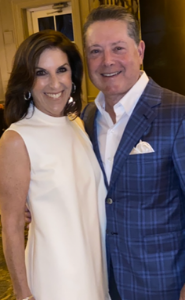
Jim Vogel’s decision to become a doctor was greatly influenced by his father. Growing up in New York City, Jim recalls his dad encouraging him to go into medicine to ensure that he would “always be able to earn a good living and have a respected profession.” But the advice to his son to pursue a medical degree went far deeper than the potential income he could earn.
“My father always believed that no one can take away your education and what is in your mind.”
Having survived 12 months in Nazi concentration camps and everything stripped from him, Jim’s father believed his survival was thanks to a strong mind and the power of prayer.
“He prayed every night and hung onto his religion. No one could take away the thoughts in his mind. So, he felt strongly that if I would become a doctor, it would always provide me with security and a profession, no matter what happened. He never pushed me against my will. I was always very interested and I haven’t looked back.”
Today, a newly retired, popular Baltimore plastic surgeon, Jim attributes his commitment to family, Judaism and philanthropy to being the only child of a Holocaust survivor. Jim’s family’s background story greatly impacted his upbringing, self-identity, career path and worldview.
Here are 10 things to know about Doctor Jim Vogel:
1. Jim’s father was brought up in a fairly religious home in Budapest, Hungary.
“My father and his family were members of the Dohány Street Synagogue, the largest synagogue in Europe. My father was bar mitzvahed there and his parents were married there. To this day, the name plates of my family are still on five or six seats in the sanctuary.”
2. Jim’s father was sent to Auschwitz Concentration Camp for six months before being transported to the labor camps at Mauthausen.
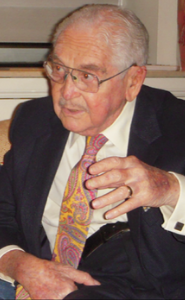
“What happened in the Holocaust was not an abstract concept to me. As a young boy I just had to look at the tattoo on my father’s arm to understand that it was a reality. He would never volunteer stories or recollections independently. He would never just bring it up, but he would always answer my questions in an age-appropriate manner.”
3. After coming to the United States when the war ended, Jim’s father became a jeweler in the family business where he later met Jim’s mother, the daughter of one of their customers.
4. Jim went to Bowdoin College in Maine for undergrad and medical school at Mount Sinai in New York before coming to Baltimore for training in plastic surgery at Johns Hopkins.
“Diane, my wife of 25 years, and I, raised our blended family together in Baltimore and have just moved to Florida after 31 years in private practice.”
5. Jim grew up understanding the importance of philanthropy and the significance of the US Holocaust Memorial Museum.
“I wasn’t so much aware of the Federation while I was living in New York but became active with The Associated and more involved philanthropically once I moved to Baltimore.”
6. He was profoundly moved by his visit to Israel at a home for kids that were removed from their family by social services because of neglect or abuse.
“It gave me a great feeling that my philanthropic dollars were going to this fantastic cause.”
7. The best life lesson Jim received from his father and has passed on to his own children was simple really… be kind to others.
“My father was a kind and gentle person who would think with his heart but act with his brain.”
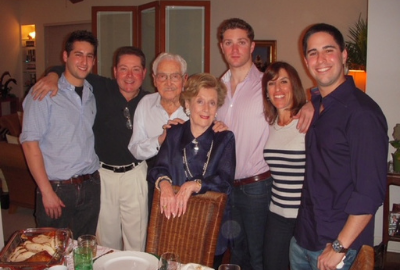
8. Jim made a movie over a 17-year period, about his father’s recollections of what it was like growing up in Hungary, surviving the Holocaust and life in the States.
“The movie that I made has served as a very valuable link to my father and history.”
9. With antisemitism on the rise worldwide, Jim believes now more than ever that maintaining our heritage and providing for other Jews is paramount.
“Being the child of a Holocaust survivor has significantly impacted my childhood, adulthood and even today. Seeing sweatshirts with ‘Camp Auschwitz’ and Neo-Nazi slogans such as ‘6MWE’ made me disgusted to think that someone in the United States could sink to that level.”
10. An important invention that Jim has witnessed in his lifetime is… video conferencing.
“I remember when I was away at college and for my medical training that I would often talk on the phone with my parents and grandparents. And we joked that at some point in the future, just like they had in New York at the World’s Fair in 1963, we would be able to actually see the person on the other end of the call.”
Subscribe to our newsletter
The Associated is a home for everyone in the Baltimore Jewish community. We offer several email lists to help people find a community, engage with their peers and support Jewish journeys around the world.
Join Our Mailing ListAdd Impact to Your Inbox
Sign up for our newsletter
Subscribe to our newsletter
The Associated is a home for everyone in the Baltimore Jewish community. We offer several email lists to help people find a community, engage with their peers and support Jewish journeys around the world.
Join Our Mailing List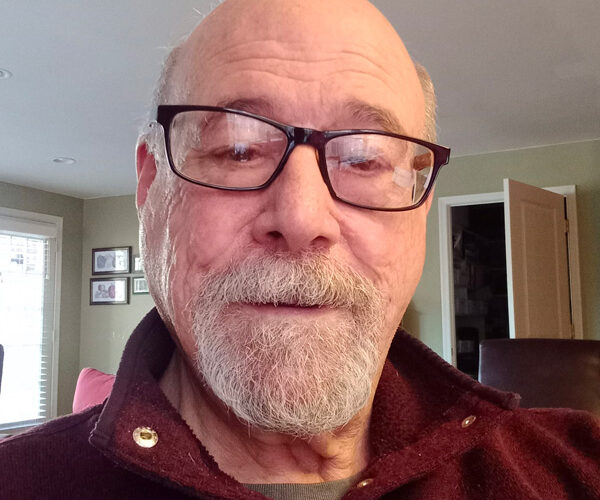
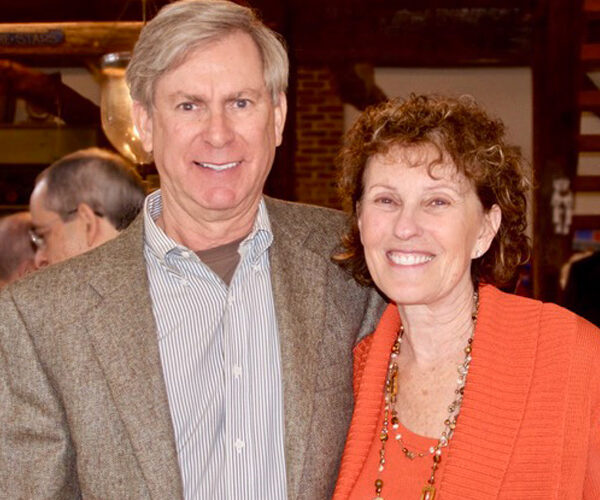
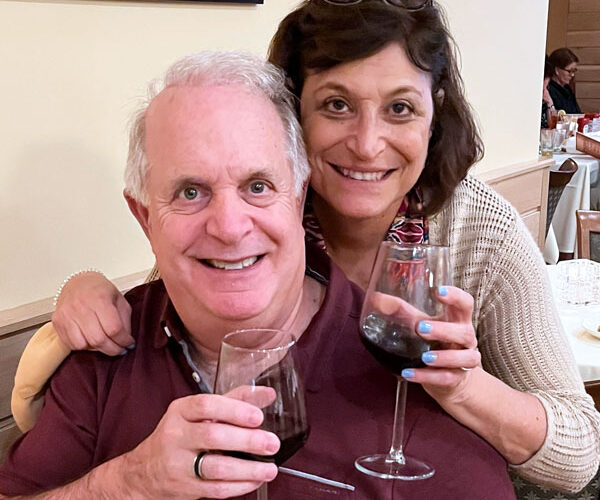
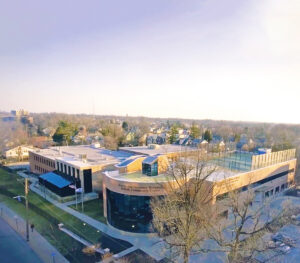
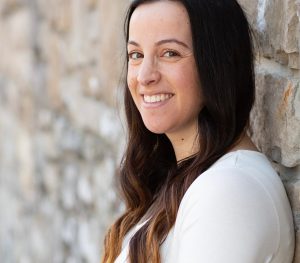


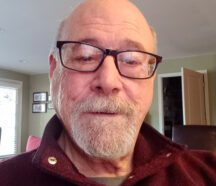
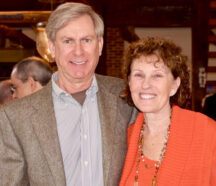
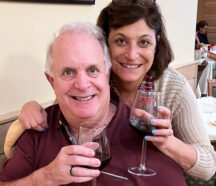
 Please Wait while we loading your video.
Please Wait while we loading your video.